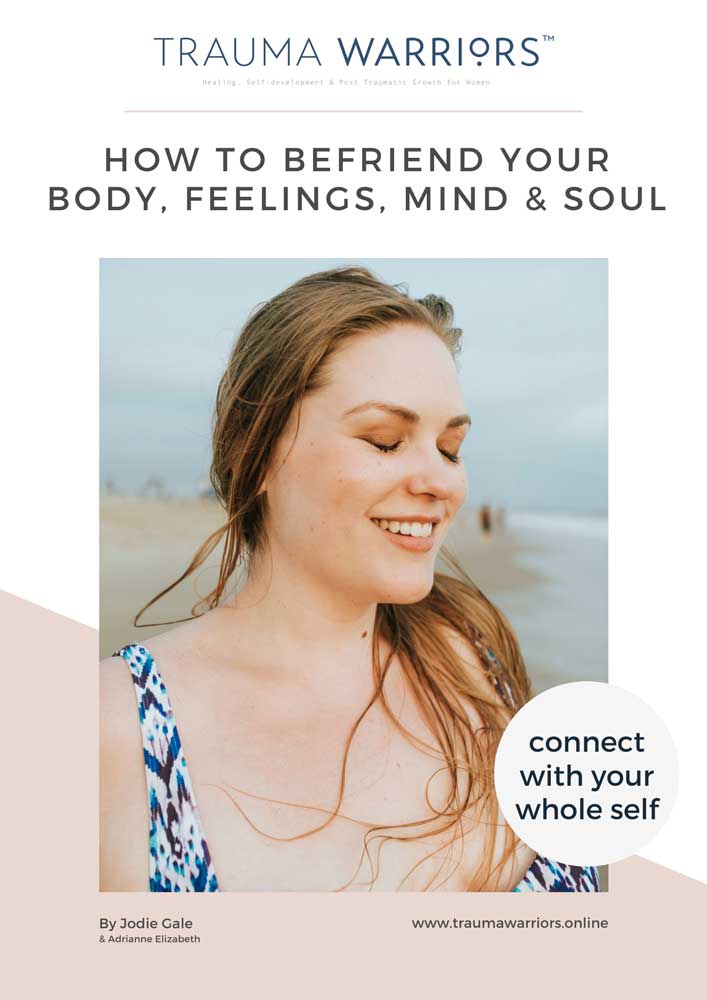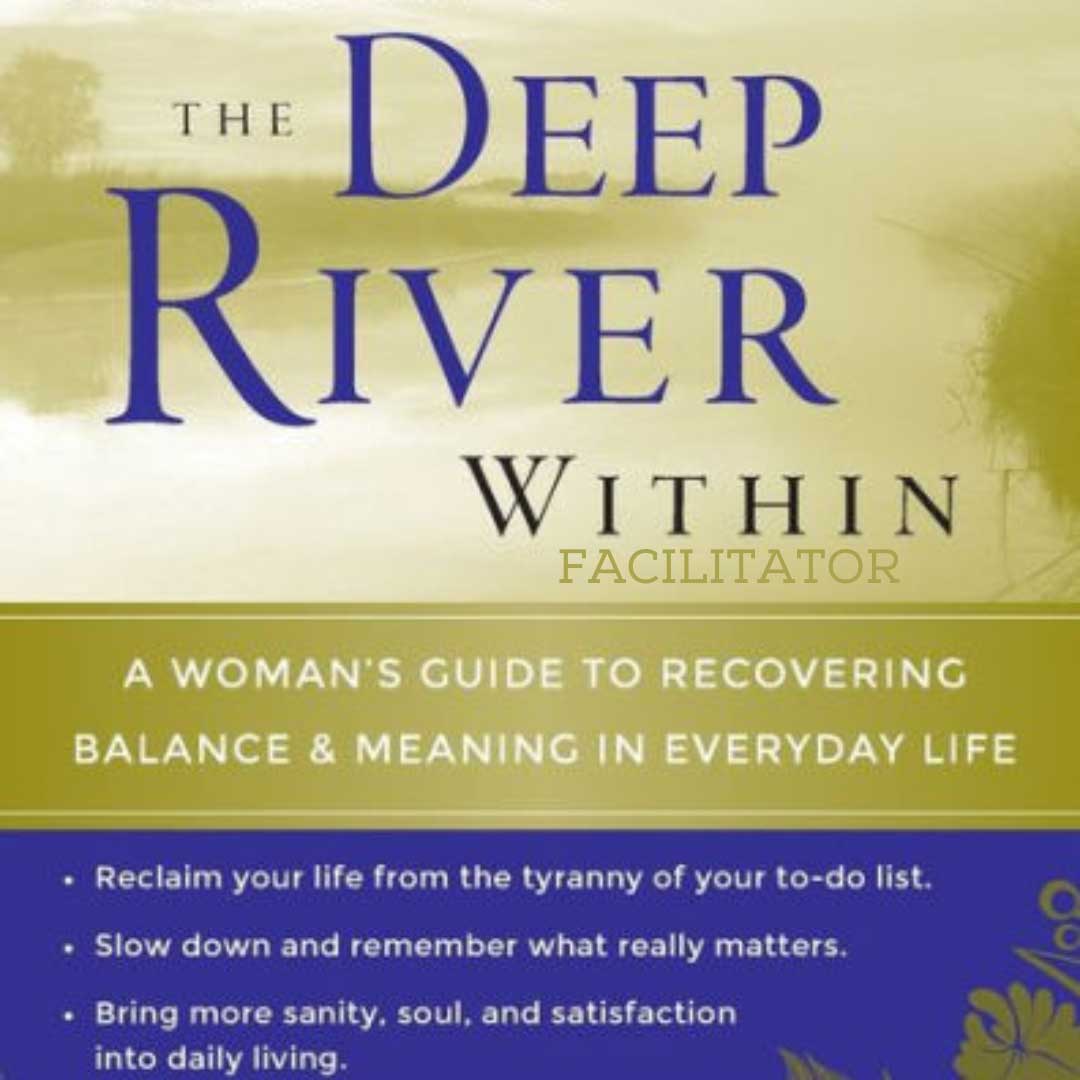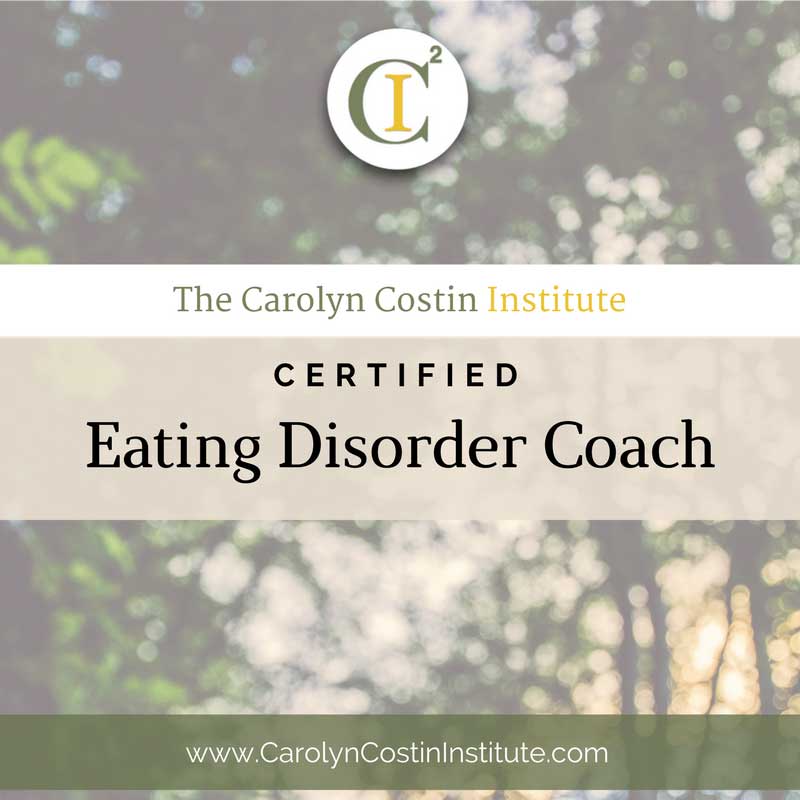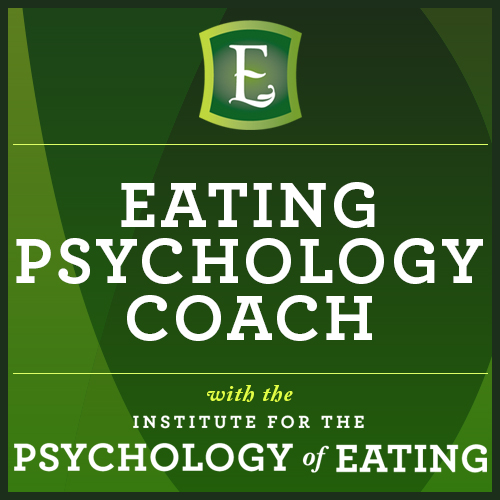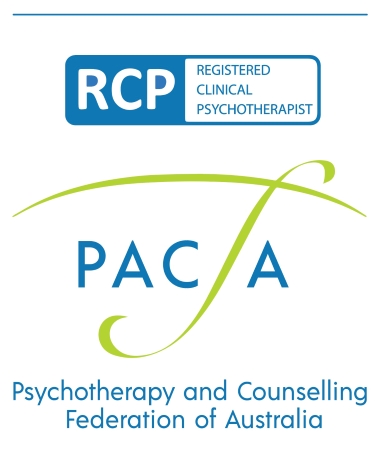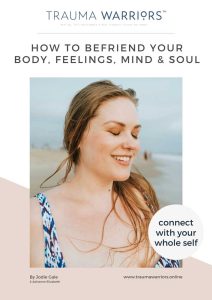The primary modality of therapy that I practise is Psychosynthesis: The psychology with a soul.
Psychosynthesis was founded by Roberto Assagioli, who originally trained in neurology and psychiatry; he was part of the early psychoanalytic/psychodynamic movement with Freud, Jung and others. Because of his personal spiritual background, his school of psychospiritual psychotherapy was deeply influenced by eastern and western spirituality.
Since its conception, psychosynthesis has included a wide range of theories and techniques for working with early childhood wounding, problems in the here and now, and exploring the potential inherent within. Some of these include: attachment theory, object relations, self psychology, subpersonalities (parts), Gestalt, somatic psychotherapy, existentialism, mindfulness and visualisation. There is an increasing amount of evidence for these theories and techniques.
Whilst many who suffer are desperate for immediate results and quick fix solutions to their problems, recovery from addiction, anxiety, depression, disordered eating and trauma, takes time! Almost every conference I have been to in the last 5 or so years, the majority of Master practitioners, regardless of their current modality, are still practising medium to long-term psychotherapy with psychoanalytic/psychodynamic theory and practice underpinning their work with clients.
With the therapeutic relationship at the heart of it, psychodynamic theory and practice has a considerable amount of research to prove its long-term effectiveness. This is important considering most counsellors and psychotherapists have a foundation in psychodynamics. In Talk therapy: Off the Couch and Into the Lab, researchers affirm this,
‘Overall, the paper found, psychodynamic psychotherapy demonstrates efficacy at least equivalent to other psychotherapy treatments commonly labeled as “empirically supported” and “evidence based.” And in fact, it notes, psychodynamic therapy’s “active ingredients” are shared by many other forms of therapy as well.’
Psychotherapy brings lasting benefits through developing inner resources, self-knowledge and awareness
In The Efficacy of Psychodynamic Psychotherapy, Jonathan Shedler, Ph.D. reviews over 160 studies of psychodynamic psychotherapy. He provides a considerable amount evidence to show that not only does therapy provide symptom improvement but through developing inner resources, self-knowledge and awareness, you can continue to improve long after your therapy ends – in fact – the tools and awareness you develop will last you a lifetime.
What is psychodynamic psychotherapy and how does it work?
Psychodynamic psychotherapy offers relationship, depth, understanding, meaning and long-term change from whatever it is that is causing you distress.
Shedler’s paper highlights the following features of psychodynamic psychotherapy:
– For optimal results, psychotherapy takes place once a week and it can be short-term or long-term and open ended.
– The essence of psychodynamic therapy is exploring those aspects of self that are not fully known.
– Psychodynamic therapy encourages exploration and discussion of the full range of emotions. The therapist helps you to describe and put words to feelings, including contradictory feelings, feelings that are troubling or threatening, and feelings that you may not initially be able to recognize or acknowledge.
– Psychodynamic therapists actively focus on and explore avoidances and other defence mechanisms.
– Psychodynamic therapists work to identify and explore recurring themes and patterns in your thoughts, feelings, self-concept, relationships, and life experiences.
– Psychodynamic therapists explore early experiences, the relation between past and present, and the ways in which the past tends to “live on” in the present. The focus is not on the past for its own sake, but rather on how the past sheds light on current psychological difficulties. The goal is to help you to free yourself from the bonds of past experience in order to live more fully in the present.
– Psychodynamic psychotherapy places emphasis on your relationships and interpersonal experiences.
– The relationship between you and the therapist is itself an important interpersonal relationship, one that can become deeply meaningful. Because our original wounding often happened in our early attachment relationships – it is through the loving, empathic therapeutic relationship that reparation, healing and change can take place.
– Therapy encourages you to speak freely about whatever is on your mind. Everything you bring (thoughts, fears, desires, dreams etc) are considered a rich source of information and can help you to find value, meaning and purpose in life.
In The Effectiveness of Psychodynamic Psychotherapy: A Systematic Review of Recent International and Australian research, Dr Cadeyrn Gaskin also concludes that there is ‘strong support for the use of psychodynamic psychotherapy in the treatment of a broad range of psychological conditions. Moreover, the improvements gained through psychodynamic psychotherapy are typically maintained beyond the termination of treatment.’




